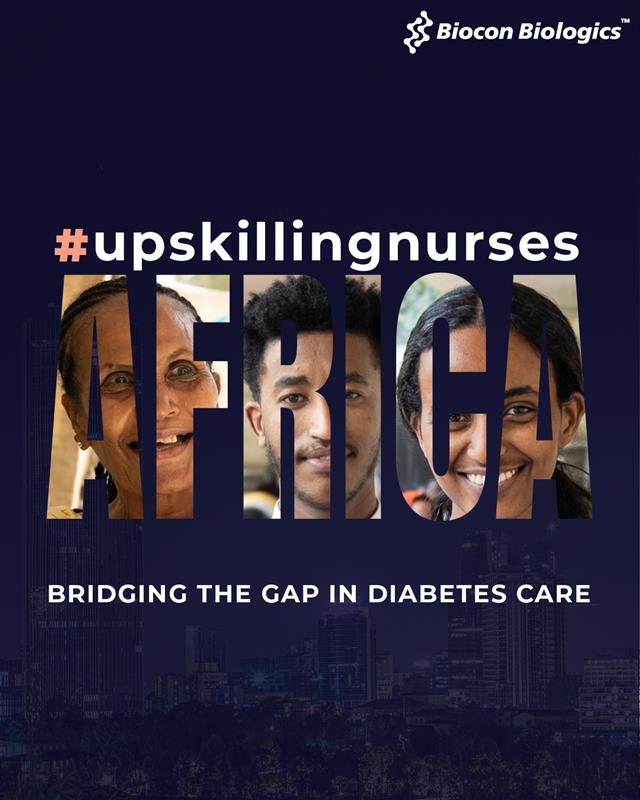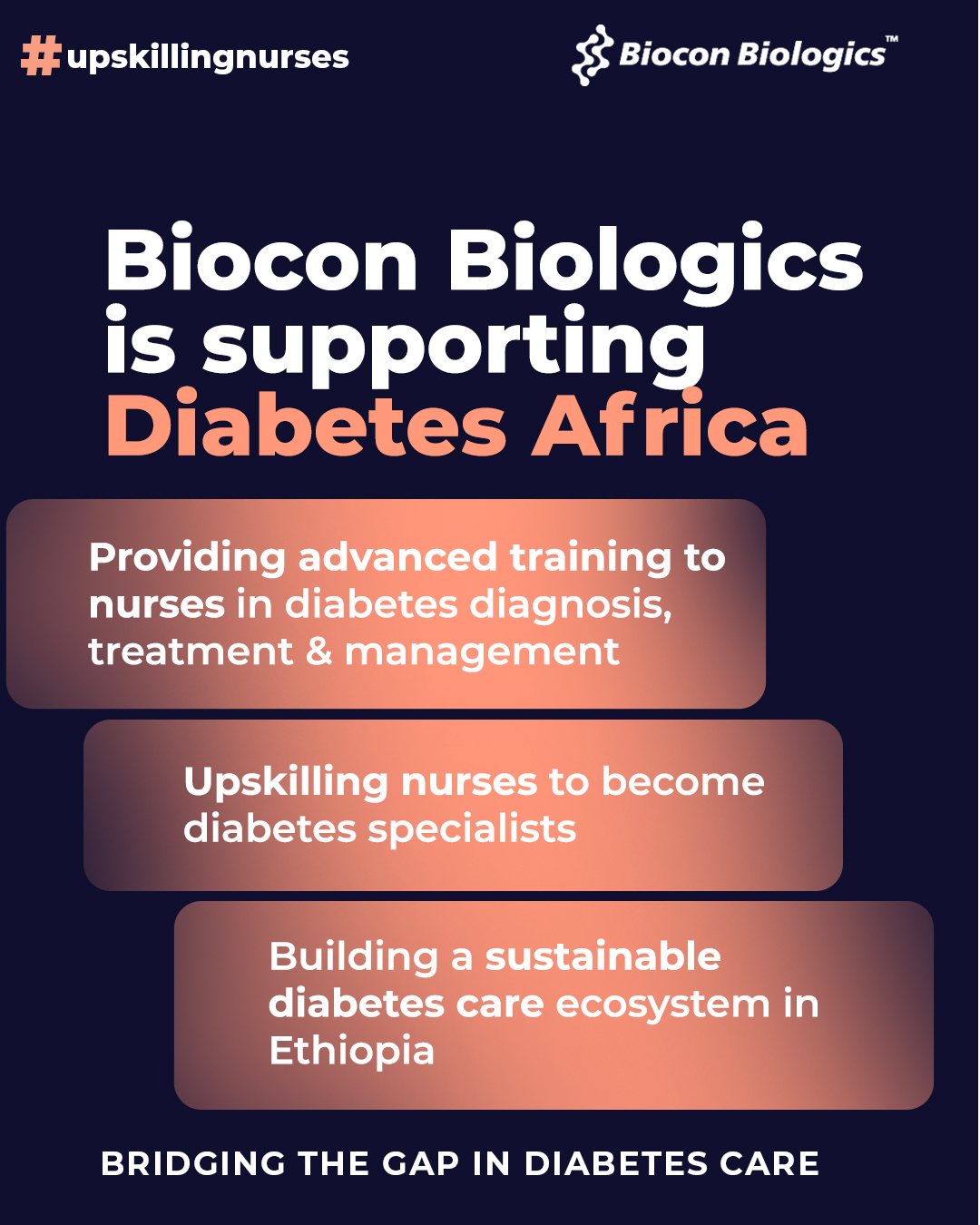
Bridging the Gap in Diabetes Care by Upskilling Nurses in Ethiopia
Diabetes continues to pose a significant global health challenge, particularly in low- and middle-income countries (LMICs) like Ethiopia. With a prevalence rate of 2–3%, Ethiopia ranks among the top four countries in sub-Saharan Africa for diabetes cases, contributing to nearly 2% of all deaths in the country. Despite these alarming statistics, the nation faces a critical shortage of healthcare professionals trained in diabetes care.
Qualified healthcare professionals are needed to manage diabetes, which is often described as a disease of ‘halves’: half diagnosed, half treated, half compliant. However, a significant lack of healthcare professionals adequately trained in diabetes prevention, diagnosis, and treatment means the condition is not detected and managed before complications arise.
To address this pressing need, Biocon Biologics Limited is supporting Diabetes Africa and St Paul’s Hospital Millennium Medical College on the ‘Embedding Specialist Nurses in Diabetes Care’ project.
This multi-year initiative aims to train and empower nurses to become diabetes specialists so that they can spot diabetes symptoms early and provide crucial follow-up and education on time. This will potentially avert costly and dire situations such as leg amputations, heart attacks, and blindness. In this long run, this project can strengthen Ethiopia’s healthcare ecosystem and improve diabetes care at the primary level, as well as reduce the burden on tertiary care facilities, allowing specialists to focus on more complex cases.
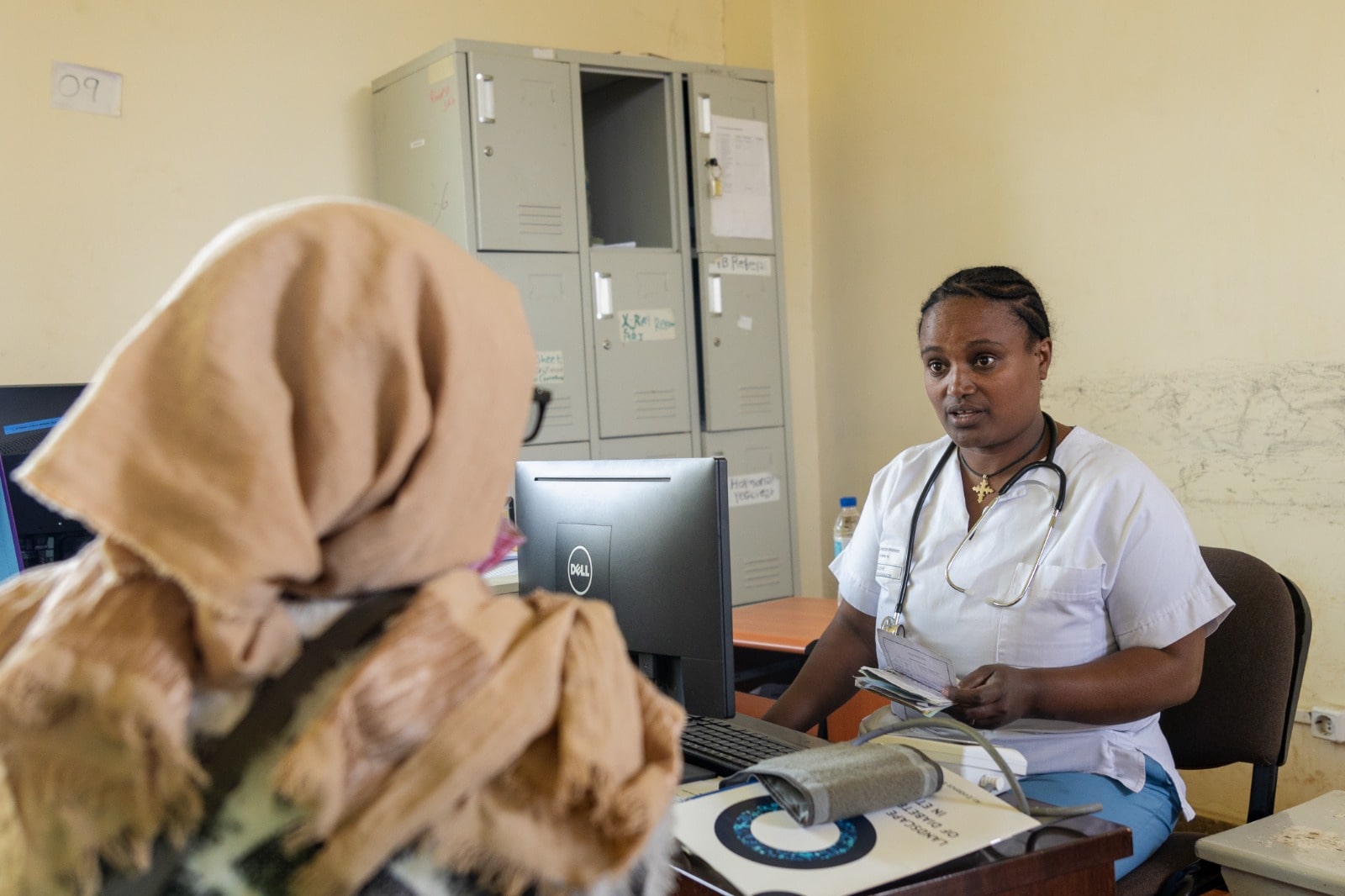
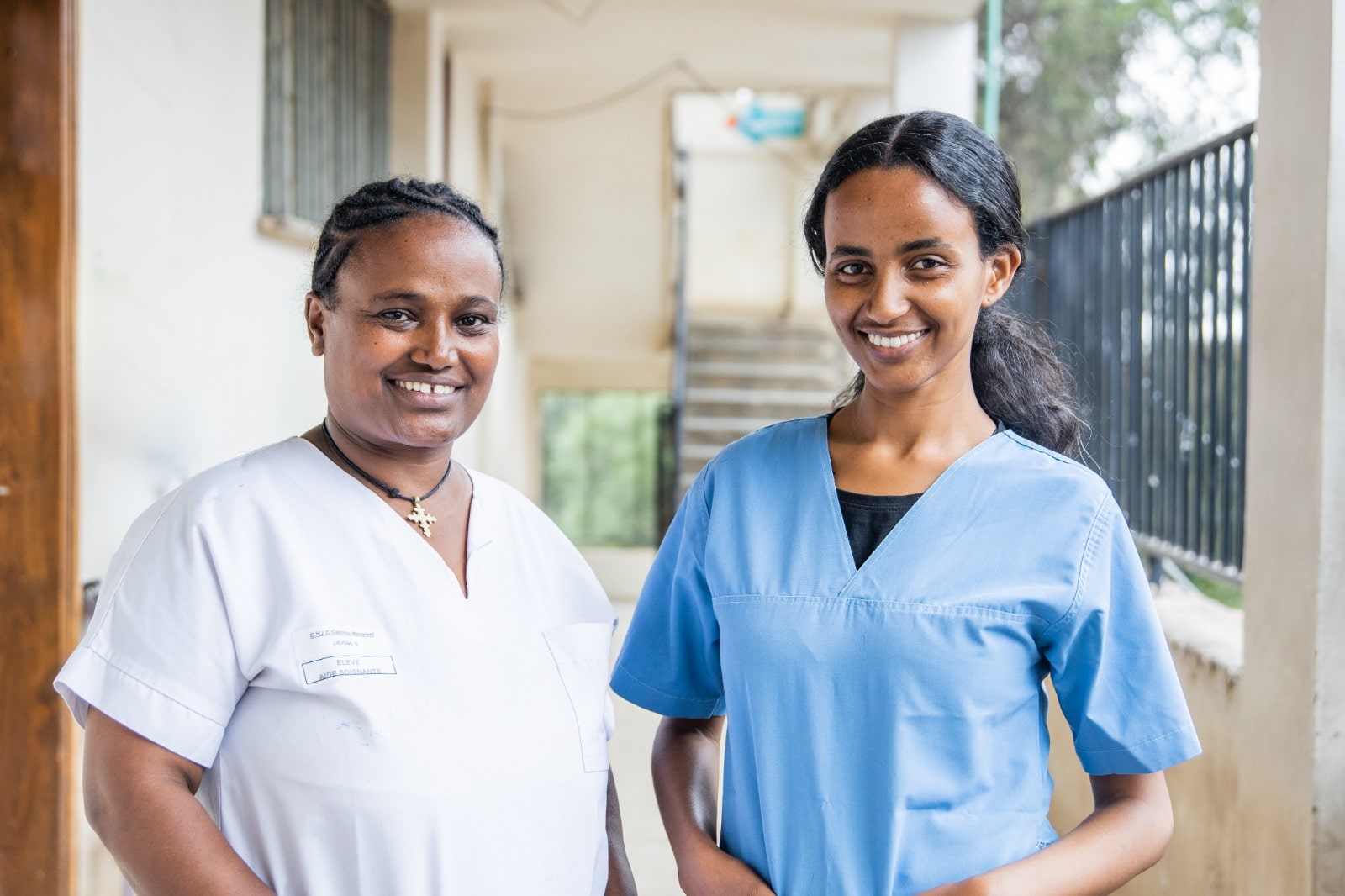
A Collaborative Effort to Build a Sustainable Ecosystem
This initiative is a hallmark of collaboration and innovation, bringing together diverse stakeholders, including Ethiopia’s Federal Ministry of Health, healthcare facilities, professional associations, and NGOs. The aim is to co-develop a structured, replicable model to upskill nurses in diabetes care.
Key aspects of the program include:
- Overcoming barriers: The initiative starts with a comprehensive assessment to identify challenges and opportunities in upskilling nursing professionals in diabetes care. This will pinpoint areas for improvement and tailor interventions to meet specific needs.
- Empowering nurses:The project will ensure that nurses can benefit from an adequate training curriculum providing advanced clinical and leadership skills, to ensure they are prepared to take on critical roles in diabetes care.
- Setting a standard:Nurses will undergo a rigorous training program, culminating in certification and/or accreditation, ensuring they are well-equipped to lead diabetes care initiatives.
- Community Impact:Joint awareness campaigns will educate the community and healthcare professionals on the role of nurses, fostering a more informed and supportive environment.
Dr. Sisay S. Betizazu, Provost of St Paul’s Hospital Millennium Medical College, highlighted the transformative potential of the initiative: “By training nurses, expanding their role, and creating an environment where they can work exclusively with people living with diabetes, we can transform our care delivery. This program offers a structured pathway for nurses to become diabetes specialists, addressing service organization, training, and infrastructure challenges.”
Addressing Cultural Challenges
Despite its promise, the initiative faces cultural challenges. Many Ethiopians remain undiagnosed due to misinformation, stigma, and the high cost of chronic disease management. To combat this, the initiative incorporates community education campaigns to promote early diagnosis and reduce stigma, fostering a supportive environment for diabetes care.
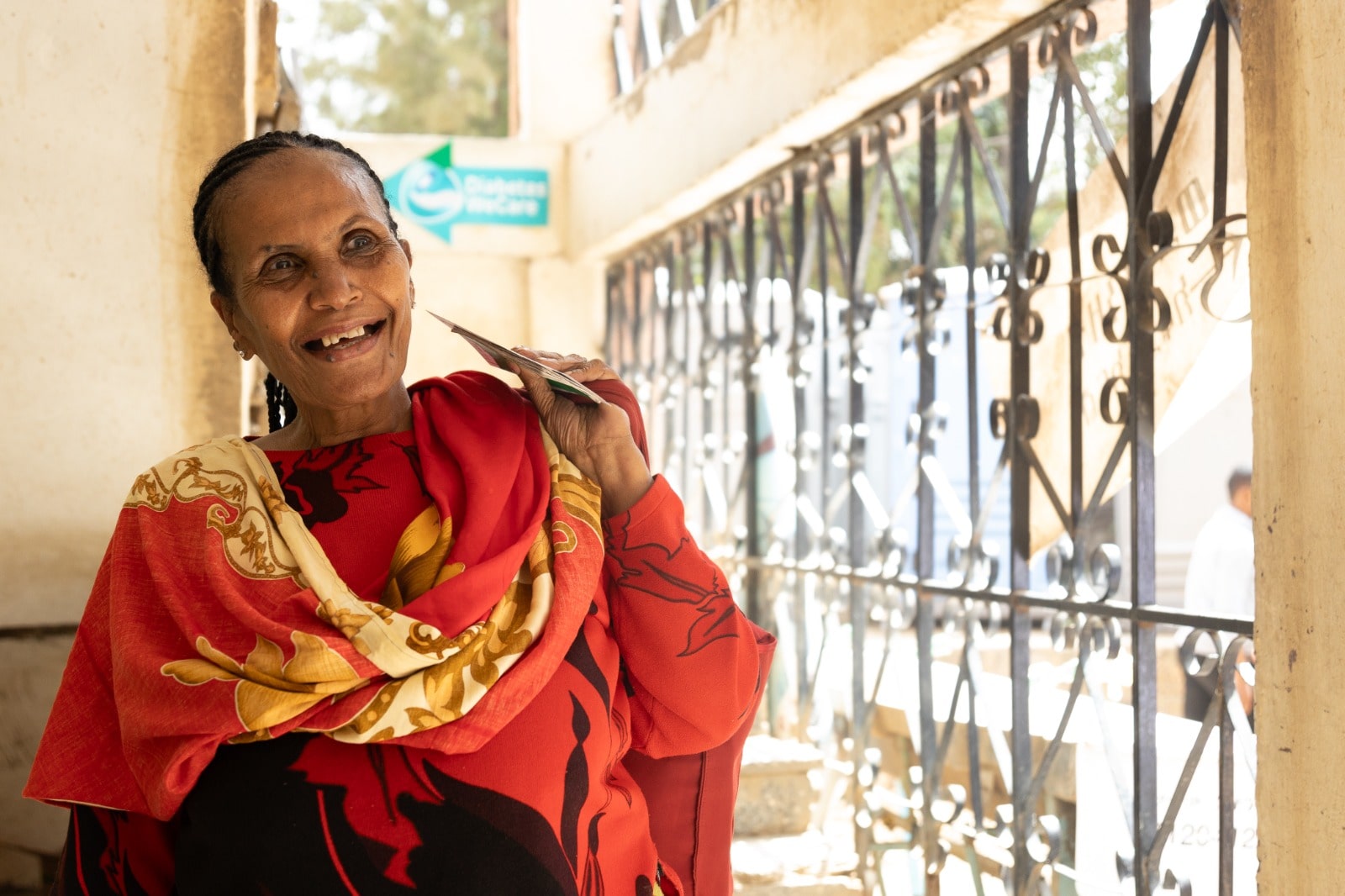
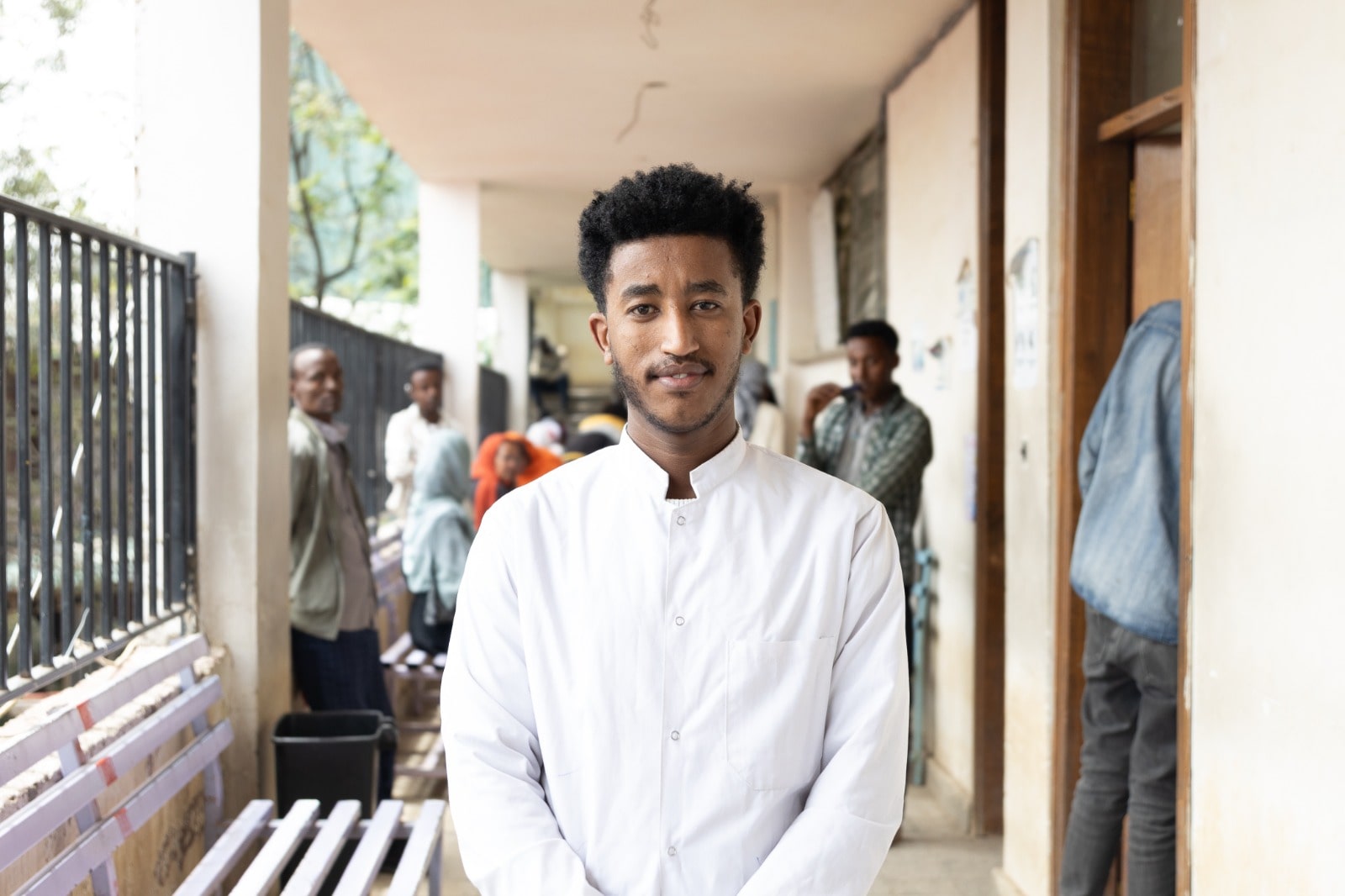
Biocon Biologics: A Partner in Global Health
Support for this initiative in Ethiopia is part of Biocon Biologics’ broader mission to nurture robust healthcare ecosystems in LMICs. In line with this commitment, Biocon Biologics has recently published a peer-reviewed article in the Generics and Biosimilars Initiative (GaBI) Journal outlining policy recommendations for increasing the adoption of quality-assured biosimilars in LMICs.
In Africa, Biocon Biologics is making a significant impact on patients’ lives by expanding access to lifesaving treatments and life-improving therapies through its portfolio of affordable insulins and oncology products. The company’s high quality biosimilars are providing affordable alternatives to expensive biologics and are addressing unmet needs of patients through affordable cancer care in countries such as Egypt, Morocco and South Africa, where its biosimilars for Trastuzumab, Bevacizumab and Pegfilgrastim have leading market shares.
As a company driven by the vision of unlocking universal access to high-quality insulins, Biocon Biologics aspires to provide biosimilar insulins to ‘one in five’ insulin-dependent people with diabetes globally. Having supplied over 7.3 billion doses of insulin since 2004, Biocon Biologics is ranked among the Top 5 global insulins players, offering a comprehensive portfolio of regular, long-acting, and rapid-acting insulins. The Company aspires to reduce inequity in healthcare by fostering meaningful relationships with healthcare professionals, policymakers, and local organizations to create sustainable solutions tailored to unique regional challenges.

“At Biocon Biologics, we are proud to support Diabetes Africa’s initiative to address the shortage of trained healthcare professionals to combat diabetes in Ethiopia. The project to train diabetes specialist nurses is leveraging the combined expertise of diverse stakeholders, including Ethiopia’s Federal Ministry of Health, to create a robust and sustainable ecosystem for diabetes care. By focusing on upskilling nurses, the initiative aims to integrate diabetes prevention and management into primary healthcare and establish a replicable model for hospitals across Ethiopia. Our support reflects Biocon Biologics’ unwavering commitment to improve access to high-quality diabetes care and tackle Ethiopia’s growing diabetes challenges.”
Susheel Umesh
Chief Commercial Officer – Emerging Markets, Biocon Biologics
Global Context and Future Prospects
This project aligns with the WHO’s Global Diabetes Compact by integrating diabetes management into primary healthcare systems. It also addresses the broader goal of reducing inequity in healthcare by fostering collaborations between healthcare professionals, policymakers, and local organizations.
Dr. Bernadette Adeyileka-Tracz, Executive Director of Diabetes Africa, said: “This project is about delivering systemic, sustainable change to address the growing health crisis. With Ethiopia’s healthcare workforce predominantly comprised of nurses, this initiative has the potential to be a gamechanger.”
A Model for the Future
As the program progresses, it promises to establish a benchmark for diabetes care in Ethiopia and serve as a replicable model for other LMICs. By empowering nurses, addressing cultural challenges, and fostering community awareness, this initiative has the potential to transform diabetes care and improve health outcomes for millions.
With the unwavering support of Biocon Biologics, this initiative is a significant step toward achieving systemic and sustainable healthcare improvements in Ethiopia and beyond.
 Brazil
Brazil Egypt
Egypt Europe
Europe Hong Kong
Hong Kong Malaysia
Malaysia Mexico
Mexico Morocco
Morocco Philippines
Philippines Saudi Arabia
Saudi Arabia South Africa
South Africa Taiwan
Taiwan Thailand
Thailand Tunisia
Tunisia Turkey
Turkey UAE
UAE USA
USA Vietnam
Vietnam Global HQ
Global HQ
